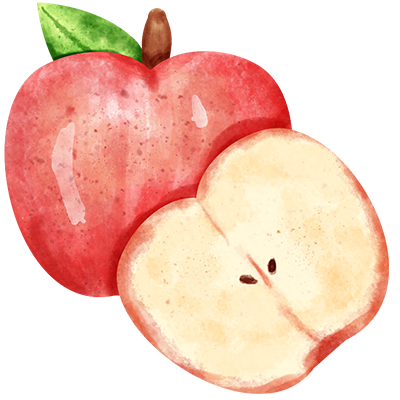Chapter 2

My parents were my first employers. They were cruel, despotic, tyrannical and manipulative capitalists. In a large hangar-like shed with tractors, tools, dust and wooden bins of freshly picked apples, I took flat sheets of cardboard and shaped and glued them into boxes. I was paid fourteen cents per box.
After learning the job in thirty seconds, I spent the remaining insufferable, mentally-unstimulating hours pondering how I had agreed to work so hard for so little, getting myself into a state of disgruntlement from which my twelve-year-old self never recovered.
Standing in the middle of a circle formed by five box-making contraptions, I slid apple-branded cardboard sleeves over homemade box-makers sized slightly smaller than the boxes I would produce. The upside-down cardboard tube’s four bottom flaps pointed upwards and after folding two inwards and lathering with PVA glue, I folded the two remaining flaps over to meet the first, finishing the job by placing a crudely-cut wooden plank on top and securing it to the frame to apply pressure for gluing.
While the glue dried, I stood and thought, and peeled PVA glue from my fingers along with the accumulated miscellaneous shed dirt, fluff and mystery the glue had collected. The boxes’ ink branding blackened my hands and arms and the PVA glue smelt like primary school.
From start to finish each box took approximately eight-and-a-half minutes to construct. Thirty seconds to shape, glue and secure in the box maker, and eight minutes for the glue to dry. For every five boxes I produced, I stood five minutes brooding and resenting my predicament.
At first I worked with enthusiasm, stacking completed boxes with pride in a neat and uniform pile with box front ends facing forward to display a satisfying visual pattern. But as I realised fourteen cents added up to nothing, I threw the boxes into an ugly pile, a disorganised heap to punish the boxes’ indifference and reflect frustration with myself for accepting the work. I was a fool for being scammed and exploited by my parents. Imagine, I thought. Ripping off your own child.
The repetitiveness of the task meant my disengaged brain wandered, so instead of thinking about the total sum I would earn – which worked out to be approximately five dollars an hour – I considered the time and effort taken to produce one box and how I could not determine a more efficient way to complete the task and make more money.
A tractor, fertiliser sprayer, red air compressor and wooden apple bins full of freshly picked apples slid past my peripheral vision, rotating on repeat accompanied by the repetitive physical box-making actions and thoughts stuck on a loop.
The shed had few windows and the concrete floor was filthy with grime caked onto patches of leaked machinery oil; a tools-and-rust scent pervaded the air with a hint of acrylic paint and apples.
For some reason, the bright red air compressor with its smooth, curved tank body and thin steel wheels sticks in my memory as a symbol of frustration. In and out of my vision the red air compressor went, synonymous with apple-box making.
Throughout the three days in the shed at home in Woodsville, Tāheke – which felt like forever – from my corner behind my giant hateful box pile, the faint clunking sounds of distant tractors reached me from the orchard. A sound that once an hour grew louder until the tractor neared the shed, entered, and dropped off a full bin of apples.
Apple bins were arranged in lines down the shed’s centre, ready to be packed into my boxes via a grading machine for export. At the end of the day, the sweet scent of dissolved sun on apple skin overwhelmed the shed’s metallic smell, and I would smell like PVA glue.
Each day I didn’t feel happier for having grown richer or completed a full day’s work; I felt disgruntled and tired. I took no pleasure in the thought apples would soon be in the boxes I created, carted to a warehouse, then shipped overseas to a supermarket for consumers to examine and squeeze then drop, or buy and take home to eat crunch by crunch or leave too long and throw away.
I concluded in the real working world of non-apple-related family-provided jobs, I would be paid more for enjoyable work.
Naturally, I was full of the idealism, optimism and energy which accompanies youth, and being new to the work game I believed I had choices. I saw no reason why I could not have a job I liked.

Made me laugh.